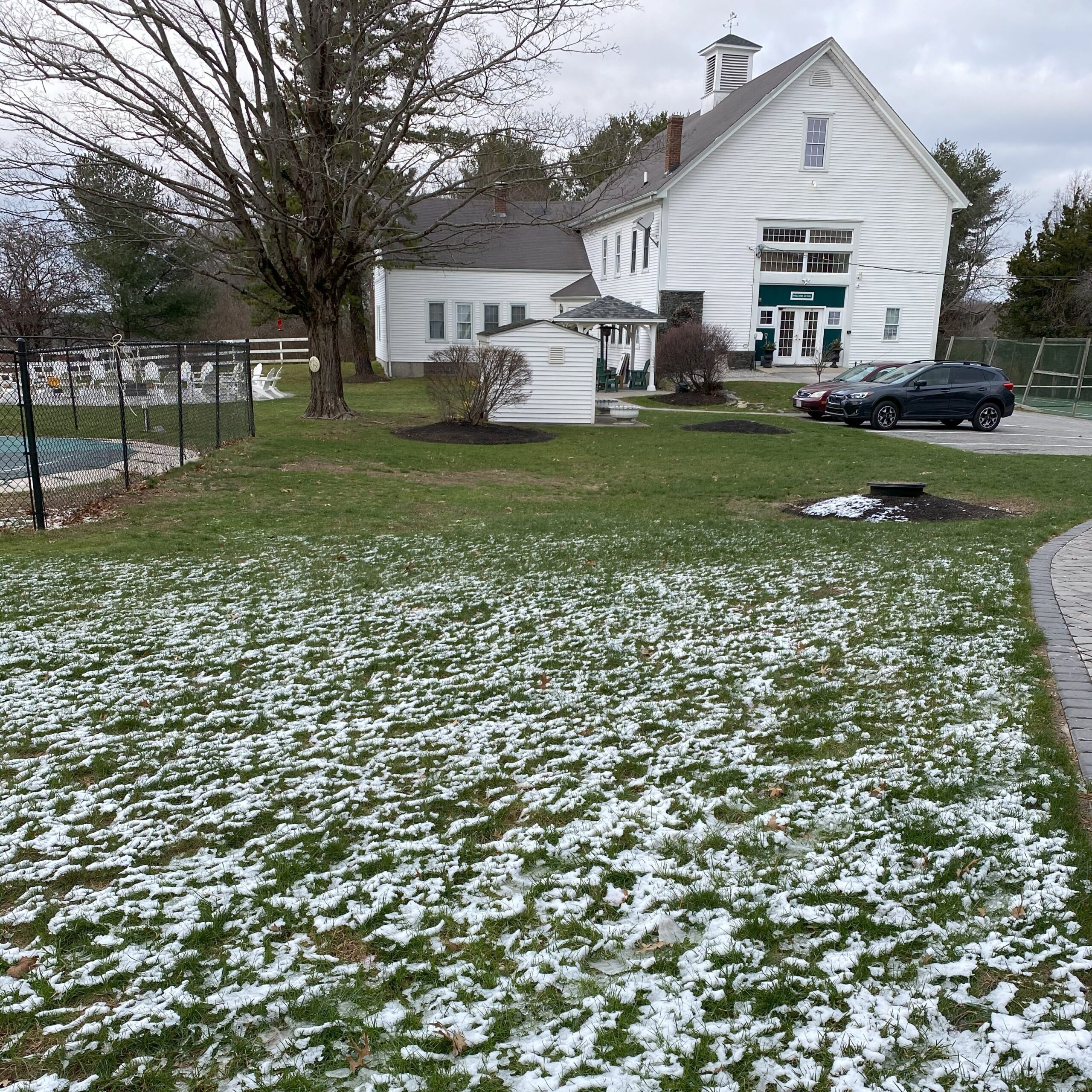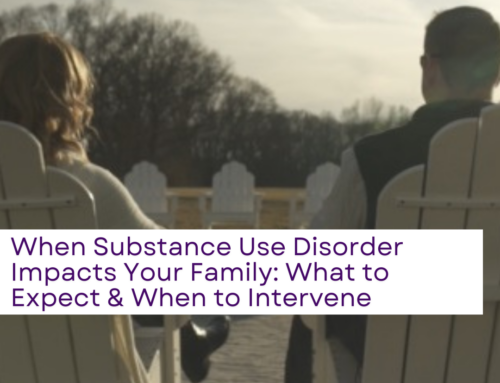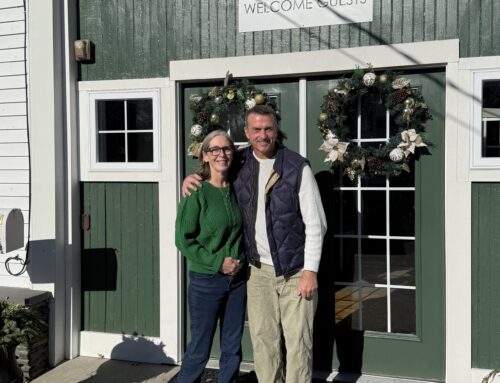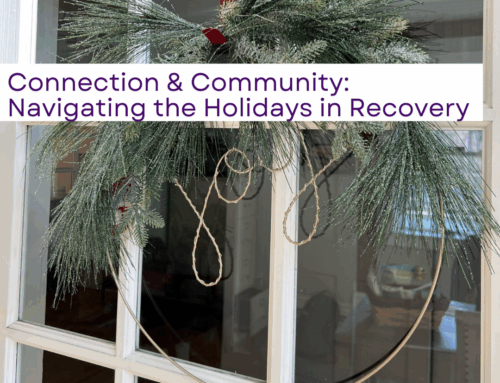
Recovery is a journey of transformation, healing, and growth. It’s a path that requires courage, commitment, and compassion – not just for others, but also for yourself.
One of the most profound and challenging aspects of this journey is learning to love yourself and others. This process is essential for sustainable recovery and for building a fulfilling, purposeful life.
The Importance of Self-Love in Recovery
Self-love is sometimes misunderstood as narcissism or selfishness. However, true self-love is about self-acceptance, self-respect, and self-care. In the context of recovery, self-love is about treating yourself with the same kindness, compassion, and understanding that you would offer to a dear friend or loved one.
Many individuals in recovery have a history of trauma, mental health conditions, and/or negative self-perception. Substance use often serves as a “coping” mechanism for these underlying issues. As you continue along your recovery journey, it’s crucial to address these root causes and begin the process of healing your relationship with yourself.
Steps to Cultivate Self-Love:
- Practice Self-Compassion: Be gentle with yourself, especially when you make mistakes or face setbacks. Recovery is not a linear process, and it’s okay to have difficult days.
- Challenge Negative Self-Talk: Pay attention to your inner dialogue. When you catch yourself in negative self-talk, pause and reframe your thoughts in a more positive, realistic light.
- Set Healthy Boundaries: Learn to say no to things that don’t serve your wellbeing. Setting healthy boundaries is an act of self-respect and self-care.
- Engage in Self-Care: Prioritize activities that nurture your physical, emotional, and spiritual health. This could include exercise, meditation, hobbies, creative outlets, or spending time in nature.
- Celebrate Your Progress: Acknowledge and celebrate your achievements, no matter how small they may seem. Every step forward is a victory in recovery.
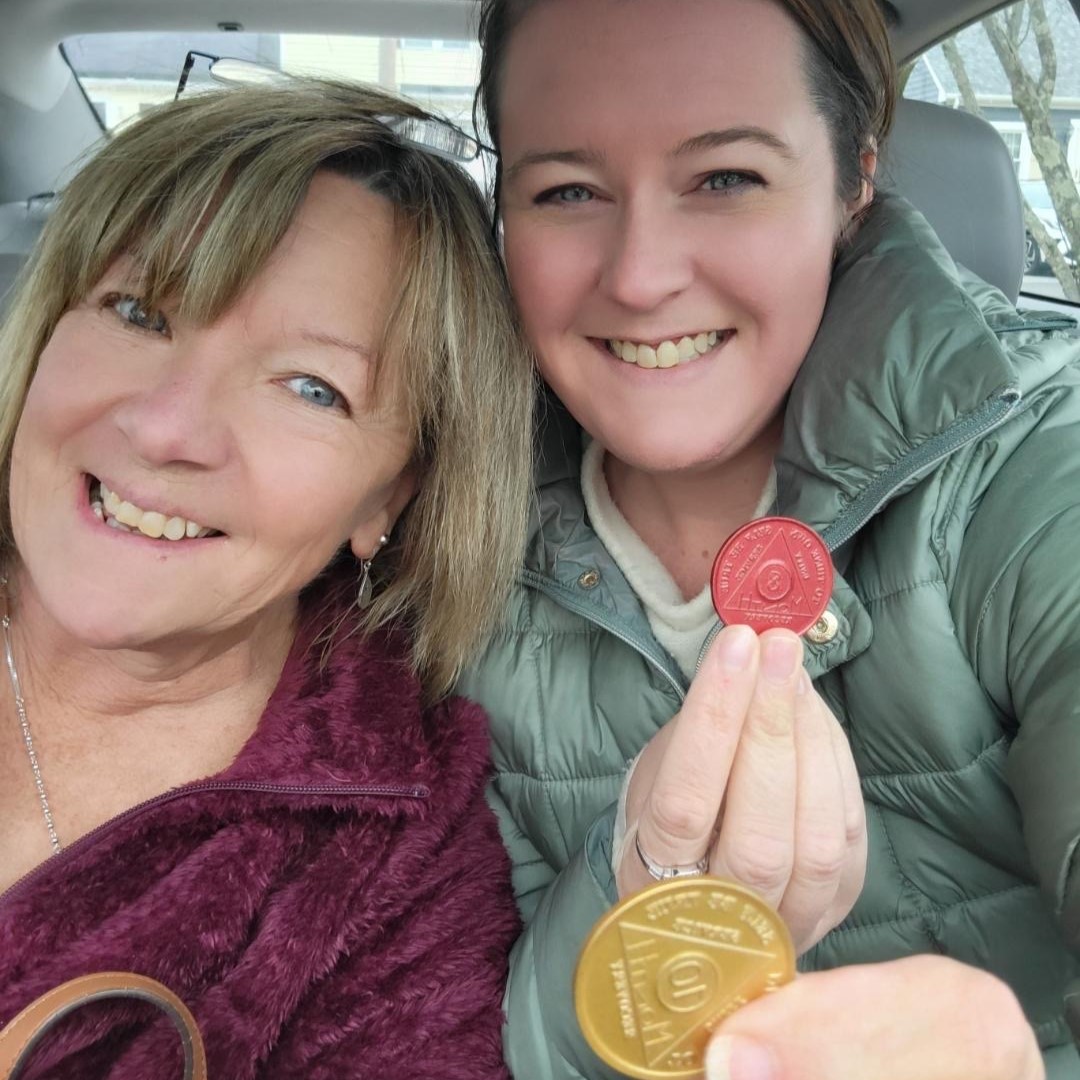
Learning to Love Others

As you develop a healthier relationship with yourself, you’ll find that your capacity to form and maintain meaningful relationships with others also grows. Addiction often strains or damages relationships, leaving behind a wake of hurt, mistrust, and resentment.
Learning to love others in recovery involves rebuilding trust, practicing empathy, and fostering genuine connections.
Strategies for Improving Relationships:
- Practice Active Listening: Really tune in when others are speaking. Try to understand their perspective without immediately jumping to defend or explain yourself.
- Make Amends: When appropriate, take responsibility for past actions and make sincere amends. This process can be healing for both parties.
- Be Present: Give your full attention to the people you’re with. Put away distractions and focus on the moment you’re sharing.
- Show Appreciation: Regularly express gratitude for the people in your life and the ways they support you.
- Practice Forgiveness: This includes forgiving others who may have hurt you, as well as asking for forgiveness when you’ve caused harm.
The Correlation Between Self-Love and Loving Others
It’s often said that you can’t truly love others until you love yourself. While this may not be entirely true – many people with low self-esteem are capable of deep love for others – there’s no doubt that self-love enhances your ability to form healthy, loving relationships.
When you love and accept yourself, you’re less likely to seek validation or fulfillment solely from external sources. This reduces codependency and allows for more authentic connections. Additionally, the compassion you develop for yourself naturally extends to others, making you more empathetic and understanding.
Challenges in Learning to Love
The process of learning to love yourself and others in recovery is not always easy. You may face some challenges, including:
- Guilt and Shame: These emotions can be significant barriers to self-love. Working through them, often with the help of a therapist or support group, is crucial.
- Trust Issues: Past experiences may make it difficult to trust others or even yourself. Building trust is a gradual process that requires patience and consistent effort.
- Fear of Vulnerability: Opening yourself up to love – both self-love and love for others – requires vulnerability. This can be scary, especially if you’ve been hurt in the past.
- Old Habits: Negative patterns of thinking and behaving can be deeply ingrained. Breaking these habits takes time and conscious effort.

These obstacles, although challenging, are common and can be overcome with support from others, practicing self-forgiveness, compassion, and being part of a strong community of recovery.
The Role of Community in Learning to Love Yourself and Others
Recovery doesn’t happen in isolation. A supportive community plays a vital role in learning to love yourself and others. This community might include:
- Support Groups: Sharing experiences with others who understand your journey is incredibly healing, fights the urge to isolate, and helps you know you’re not alone in your journey.
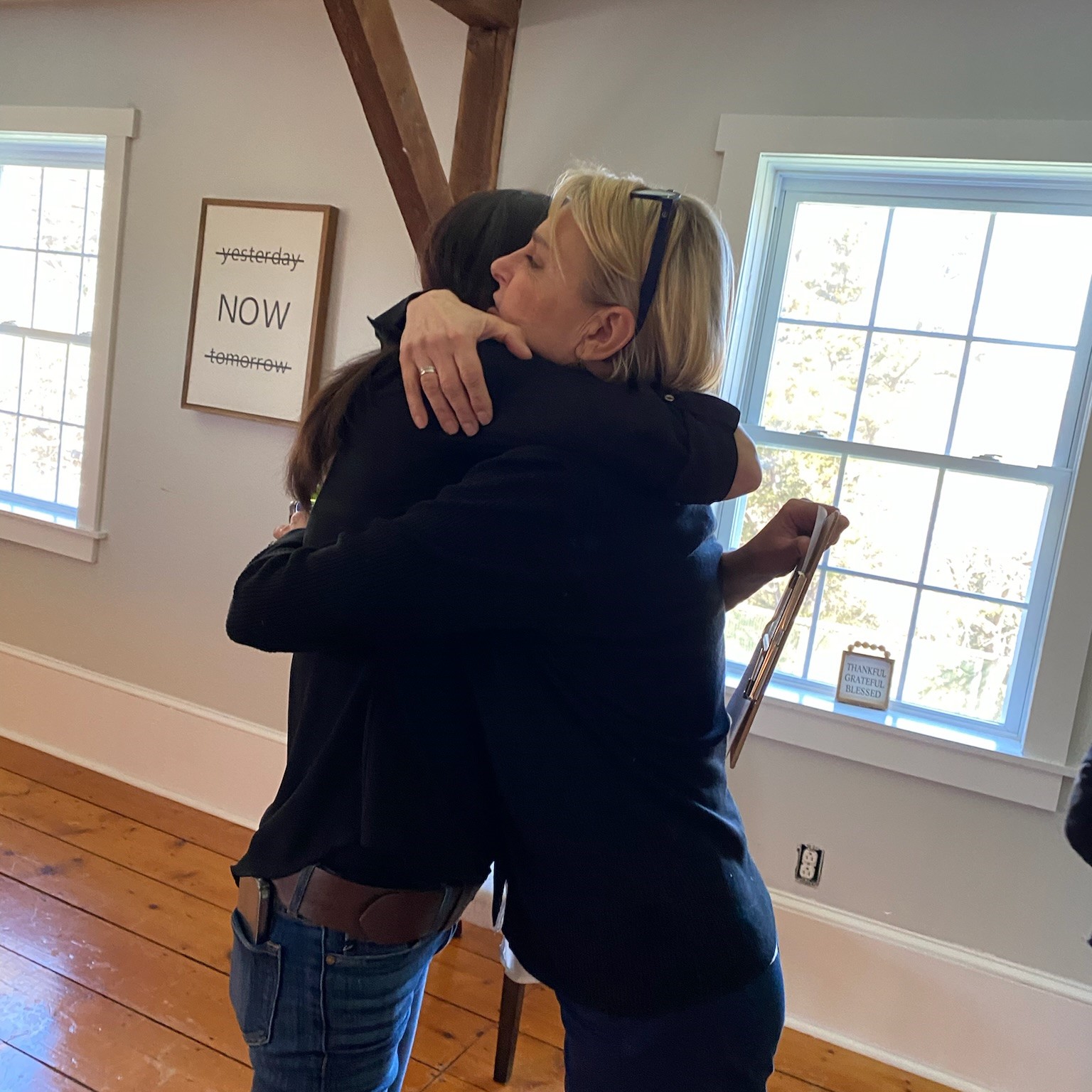
- Therapy: Individual or group therapy provides professional guidance in addressing underlying issues and developing healthy coping mechanisms.
- Sober Friends: Building relationships with others committed to recovery can provide mutual support and understanding.
- Family: Reconnecting with family members or creating a chosen family can provide a foundation of love and support.
- Spiritual Advisors: No matter your chosen path of spirituality, connecting with a power greater than yourself and engaging with a spiritual community is an essential aspect to nurturing love for yourself and others.
The Ongoing Journey: Learning to Love
Learning to love yourself and others is not a destination but an ongoing journey. It’s a practice that requires patience, persistence, and compassion. There will be setbacks and challenges along the way, but each step forward is a victory.
As you progress in your recovery and in your capacity for love, you may find that your entire outlook on life transforms. The world becomes a more beautiful, hopeful place when viewed through the lens of self-love and compassion for others.
Remember, you are worthy of love and belonging, both from yourself and from others. Your past does not define you, and recovery offers the opportunity to create a future filled with love, connection, and purpose.
About Herren Wellness
Herren Wellness is a thriving community of people at all stages in their recovery journey. We introduce holistic therapies and strategies centered around emotional, physical, and spiritual wellness, in addition to life coaching sessions, family support and an individualized wellness plan to provide a solid foundation in recovery from alcohol and substance use.
We believe that staying connected and community has a lasting impact on recovery, and encourage all alumni to participate in our weekly alumni meetings, seasonal events and annual retreat. Your connection to Herren Wellness doesn’t end when your stay ends; we are there for you throughout your recovery journey.
If you, or a loved one are struggling with substance use, why wait? Please call us at (844) 443-7736, email us at info@herrenwellness.com, or or schedule a phone consultation. You are not alone.
